Kaseya’s partner-first focus and peer program is setting it up for success now and in the future
The acquisition of TruMethods provided access to the TruPeer program, which is helping support and onboard partners of all sizes
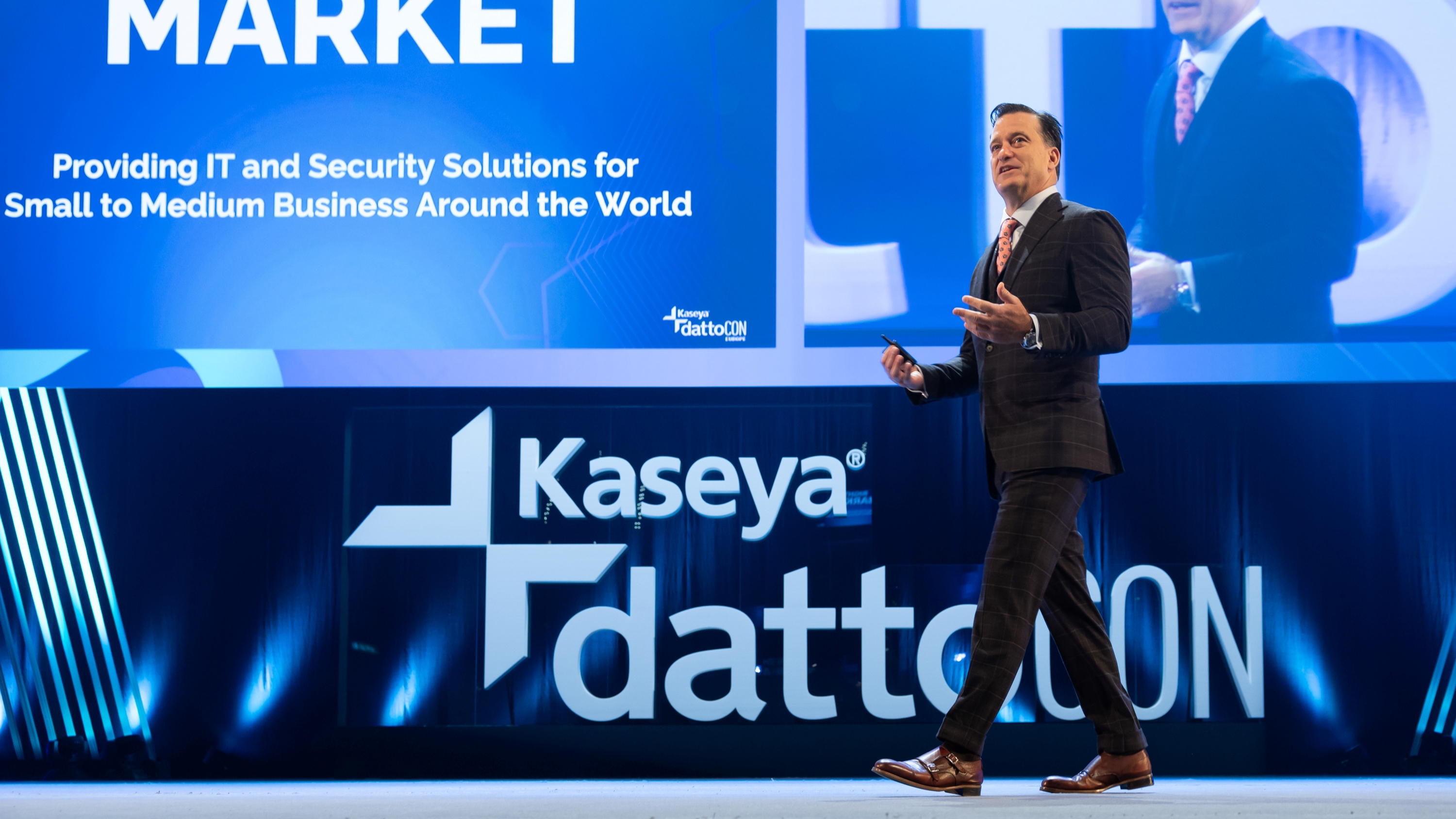

While partners are like profit fuel to any business with a channel-centric sales model, it’s important not to simply grow for the sake of it - there needs to be quality and quantity in play to ensure sustainable success.
That’s the sense Channel Pro got from recent conversations with two senior business leaders at Kaseya.
We spoke - separately- to Gary Pica, president of TruMethods, which was acquired by Kaseya in 2021, and Dermot McCann, executive vice president and general manager for EMEA, who had previously held the main leadership role for Kaseya in APAC.
“We want to continue to support and better support the partners that we've got,” McCann said.
“The MSP market that we serve is the fastest-growing market of any industry globally. The average MSP is growing between 15% to 20% annually. And seven out of ten new jobs are in the SMB sector. It represents more than half the global GDP. It is a significant growth industry, and we are the only purpose-built platform. - now, [the word] platform is key - we're the only purpose-built platform that can service that market at scale and cost-efficiently for our partners.
“So, really, the opportunity for us is to bring the Kaseya platform into that market, through those service providers.”
Ensuring partners feel well onboarded, supported, and listened to not just once but on a continuous basis, remains a key focus, according to McCann. This, he says, is evident in the company’s partner-first pledge.
Stay up to date with the latest Channel industry news and analysis with our twice-weekly newsletter
“The partner-first pledge is a good example of what we've done in listening to the feedback from partners,” McCann said.
“The reality is vendors make mistakes all the time. I think we're doing more things right than wrong, but we acknowledge that if we make an impact, it has an impact on that downstream business.”
McCann added: “If it's a positive impact, that MSP grows, they grow their business, they grow very profitably. They can deliver new solutions to their customers. And that’s a good story. But similarly, if that’s a negative impact, if we do something wrong, it has a significant impact on that company's downstream business. And that's a unique position.”
There are many elements to the partner-first pledge, outside of just listening. These include acting on feedback and being responsive to changing demands, such as contract lock-in and more.
RELATED WHITEPAPER

Ultimately, most vendors that have a channel element to their business will succeed or fail based on their partner program. Kaseya is no exception here and has clearly thought that through.
It’s around three-and-a-half years since Kaseya acquired TruMethods and it’s clear the acquisition is helping turn the firm’s ambition into action and results when it comes to partner success and growth.
Peer is where the big changes have been. Fred Voccola [Kaseya’s CEO] and I decided that we would expand and make it available and scalable. And we've done that. This year, we're probably ready to approach almost 700 peer members around the world. So it's been amazing,” according to Pica.
“That means the demand for it has been great. Industry peer groups all kind of get to a certain point, and then they stay there because there are some challenges. We've been able to maneuver [here] because at the core of our peer group is something different than all the other industry peer groups, [because] it;s based on the TruMethods framework.
“It's not a franchise. Everyone's business is different, but the principles of scalability, profitability, and delivering the highest value service, we [all] agree on. And because of that, the companies tend to go further, faster.”
Having the right enablement and support as part of any partner program is now more important than ever, according to Pica. This is because the role of the MSP has changed in recent times, evolving into a different dynamic between them as advisors and customers as recipients of that advice.
“[Historically], the MSP set the pace. They told customers whether they should go to the cloud or not. They told customers they should have a managed offering instead of break and fix. But now, after the pandemic, all of these SMBs made the decision to go to the cloud. They made the decision to invest more in technology,” he said.
“Now they're telling the MSPs what they need, saying I need more help with the business process. I need more help with automation. I need more help with security. And they're more educated. So now the MSPs almost don't have a chance. The industry is dragging them rather than them leading, and that's why the pace is so fast.”
Pica added: ”I don't think any one MSP is going to figure it out. I always tell them is, there are a lot of places you can look for answers. But I know one place you'll never find the answer to what you need to do right now, And that's inside a service ticket. I can guarantee you, there's no way. There are no answers there. I feel like that's why the demand has been so high.”
If MSPs aren’t serving customers’ needs properly, those organizations will simply look elsewhere, Pica stresses, adding that while sales numbers are growing for the channel community as a whole, so too is churn.
The partner-first pledge isn’t just about reactivity, though, according to McCann. It’s also about being forward-thinking and anticipating future trends and challenges.
“The next part about a pledge is that we're going to continue to innovate. So while the partner-first pledge is about shared risk, it's also about innovating and making a commitment to innovate,” he said.
“That's where you've seen the investment that we're making in the technologies, in hiring - very aggressive hiring - plans right across Europe… On the one hand, we have got to listen to our partners. We’ve got to make sure we're addressing their concerns. On the other hand, they expect us to continue to innovate. So developing the technologies, acquiring more businesses, and driving deeper integration into those technologies [is key].”
The market isn’t ignorant of the strides Kaseya is making either.
“We are excited about what Kaseya has put together in terms of a platform for the $548 billion managed services industry,” said Jay McBain, chief analyst for channel partnerships and ecosystems at Canalys.
“The breadth and depth of the offering supported by a world-leading program will continue to drive this industry at double-digits into 2025. For 16 years, TruMethods has been at the forefront of partner thought leadership, gaining invaluable knowledge through peer groups and delivers it through the industry-leading TruPeer program.”
Maggie has been a journalist since 1999, starting her career as an editorial assistant on then-weekly magazine Computing, before working her way up to senior reporter level. In 2006, just weeks before ITPro was launched, Maggie joined Dennis Publishing as a reporter. Having worked her way up to editor of ITPro, she was appointed group editor of CloudPro and ITPro in April 2012. She became the editorial director and took responsibility for ChannelPro, in 2016.
Her areas of particular interest, aside from cloud, include management and C-level issues, the business value of technology, green and environmental issues and careers to name but a few.
-
 Cyber resilience in the UK: learning to take the punches
Cyber resilience in the UK: learning to take the punchesColumn UK law now puts resilience at the centre of cybersecurity strategies – but is legislation simply catching up with enterprise understanding that resilience is more than just an IT issue?
-
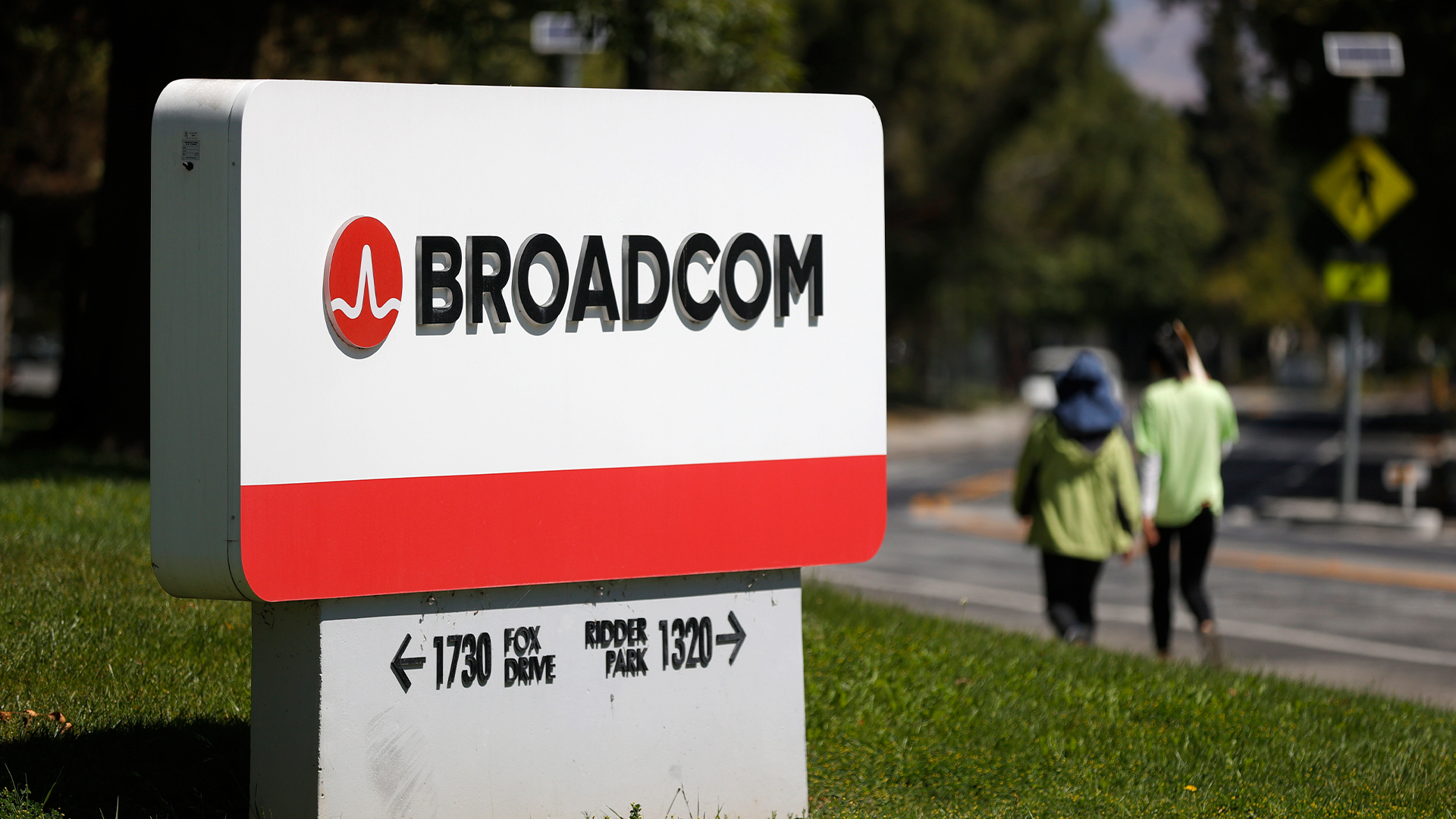 CISPE claims European Commission gave Broadcom a ‘blank cheque to raise prices, lock-in, and squeeze customers’ with VMware deal
CISPE claims European Commission gave Broadcom a ‘blank cheque to raise prices, lock-in, and squeeze customers’ with VMware dealNews Cloud providers have issued a formal response to the General Court of the European Union after the Commission defended its approval of the deal
-
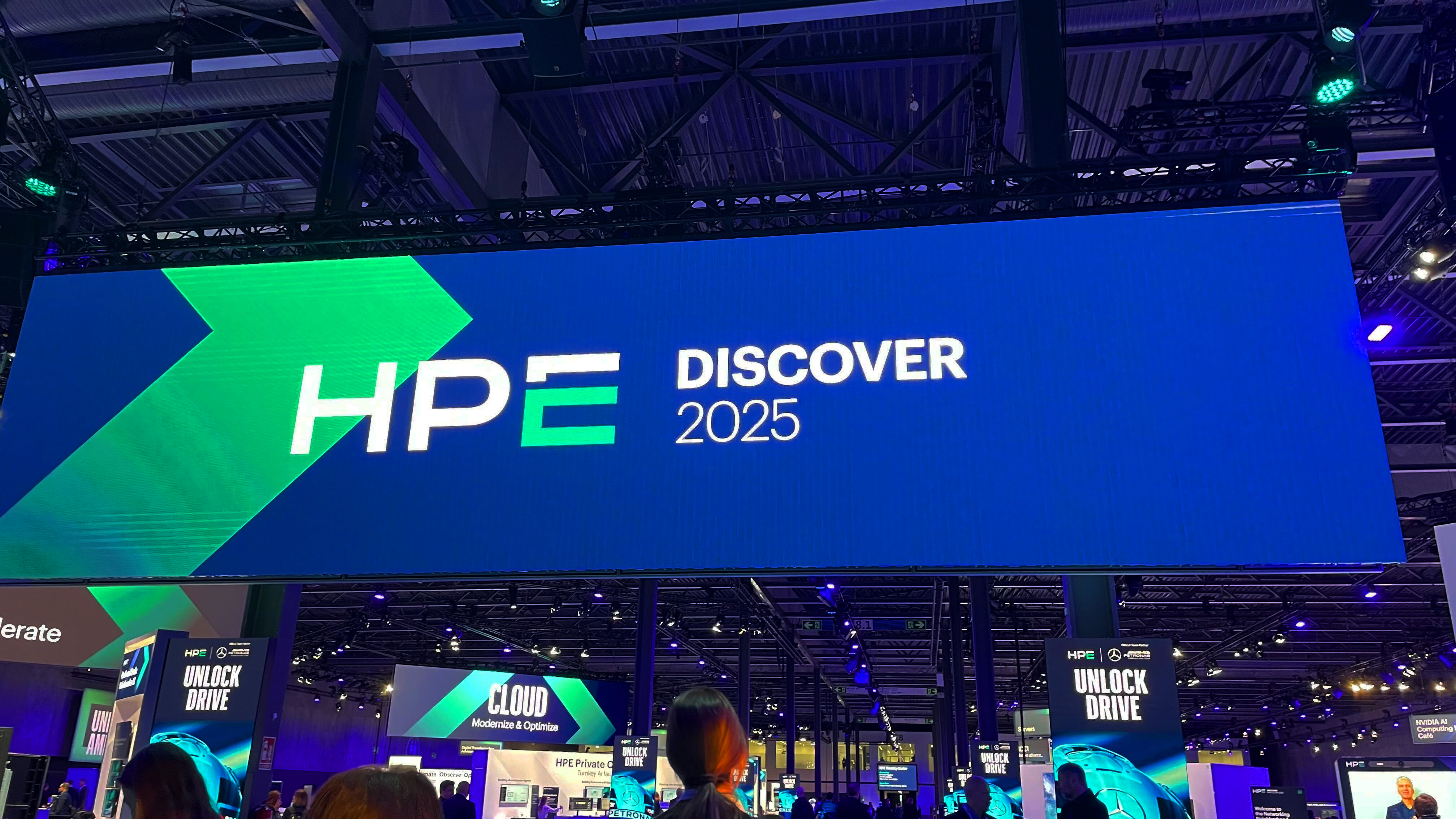 HPE says unified channel strategy won't force Juniper partners to generalize
HPE says unified channel strategy won't force Juniper partners to generalizeNews Does the company embrace specialists or want a full portfolio push? The answer, it seems, is both
-
 Salesforce opens up Agentforce 360 for partners to drive agent development
Salesforce opens up Agentforce 360 for partners to drive agent developmentNews Salesforce has opened up its Agentforce 360 platform to allow partners to build and sell AI agents and applications.
-
 UiPath partners with Veeva to streamline application testing and validation
UiPath partners with Veeva to streamline application testing and validationNews UiPath has joined the Veeva AI partner program, pairing the software vendor’s agentic testing capabilities with Veeva Validation Management
-
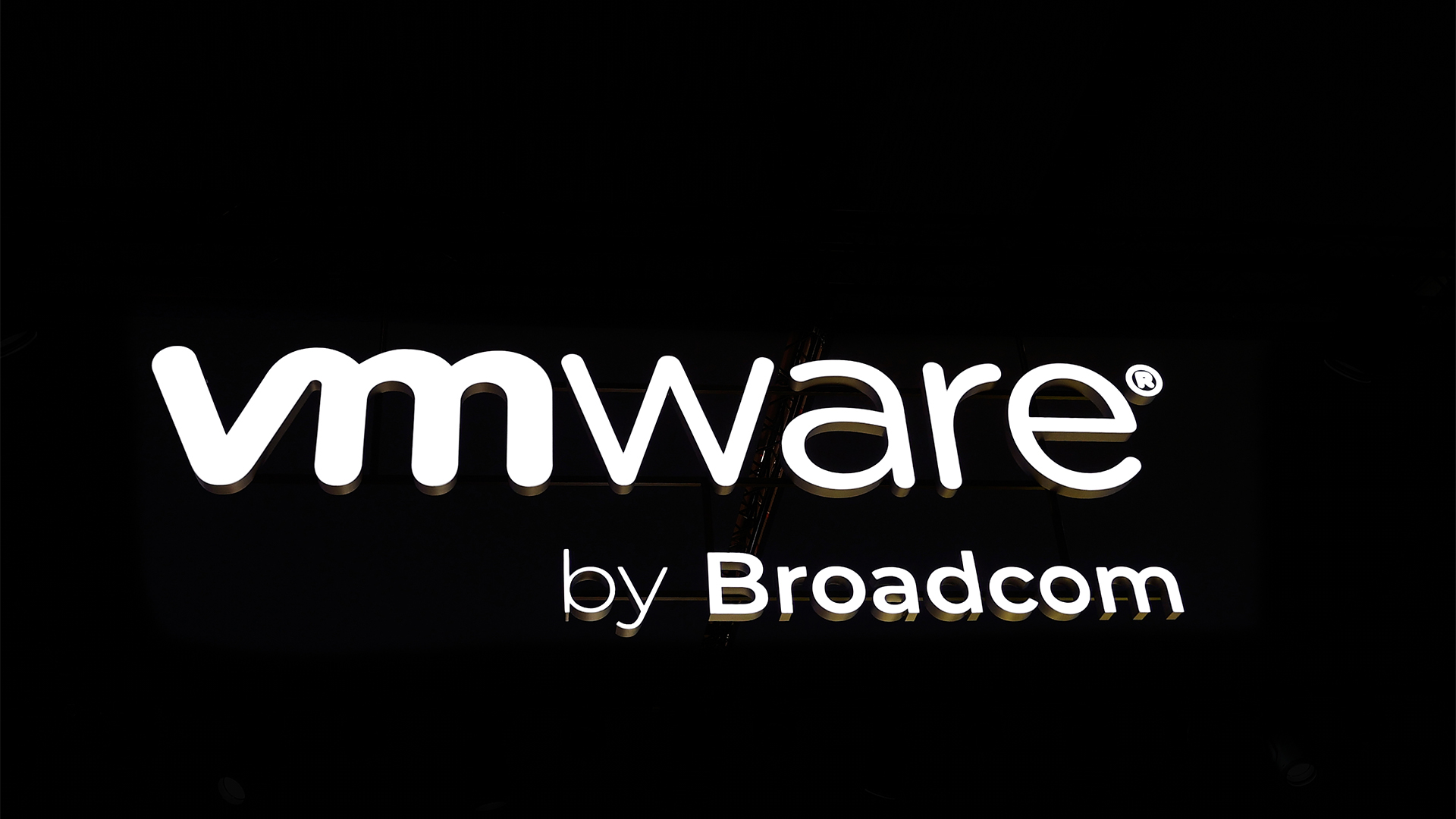 Channel focus: All you need to know about VMware's partner program
Channel focus: All you need to know about VMware's partner programChannel Focus Parent company continues to choose a fresh direction in a bid to increase partner capabilities and value to customers
-
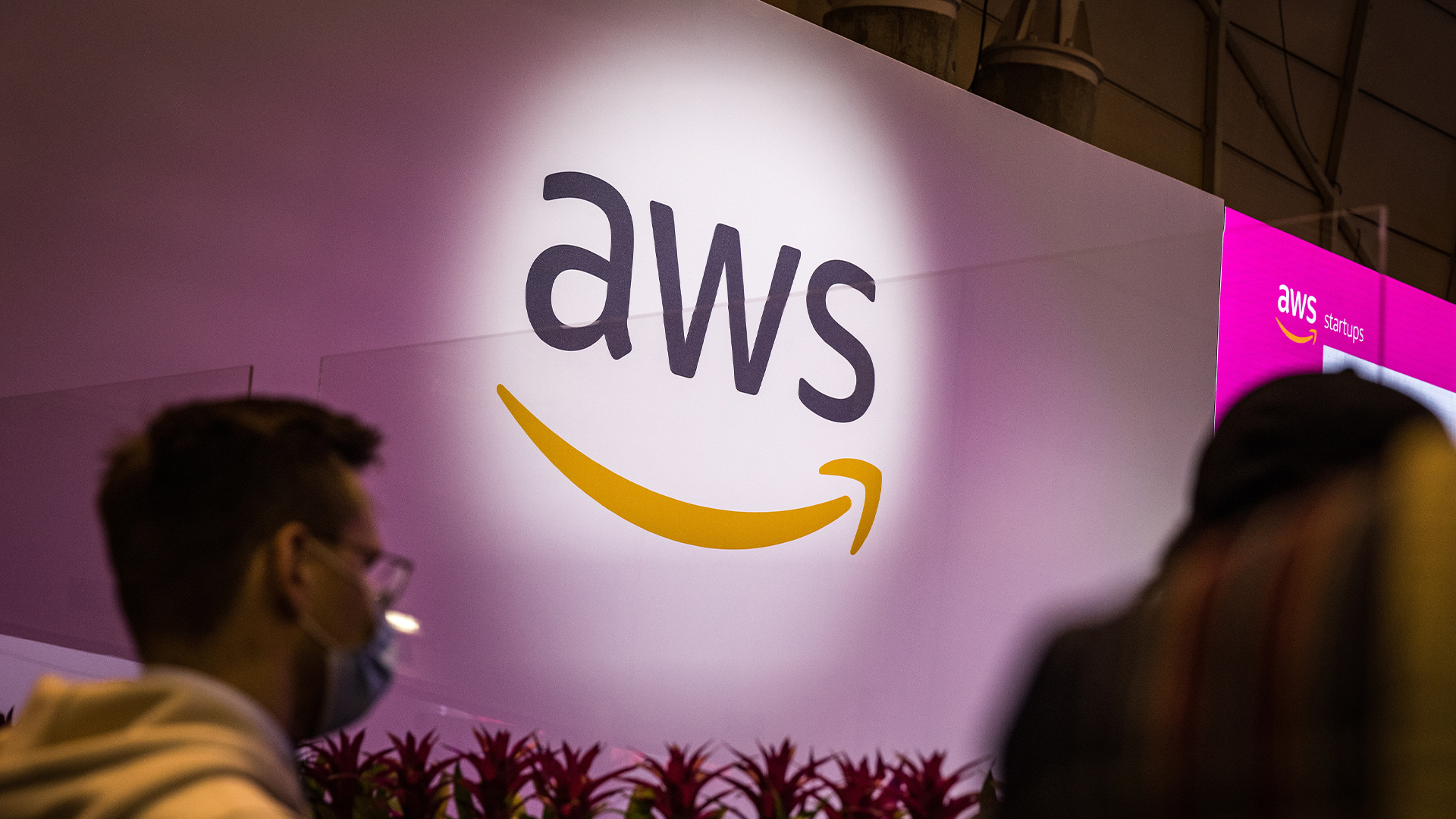 Channel focus: All you need to know about AWS' partner program
Channel focus: All you need to know about AWS' partner programAmbition has always ridden high at Amazon, and in 2025, the approach continues to keep the vendor at the forefront
-
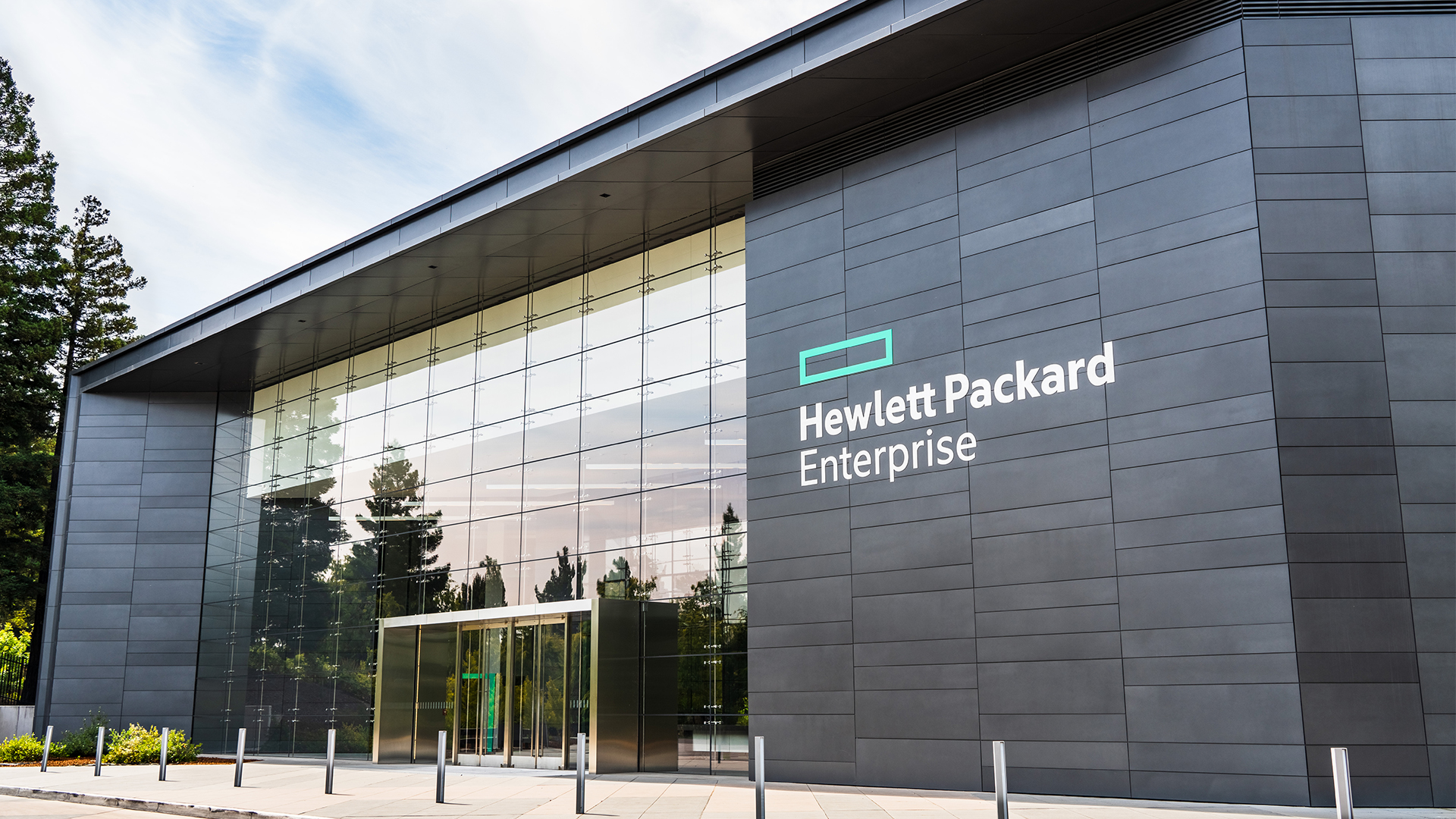 HPE launches first phase of new-look Partner Ready Vantage program
HPE launches first phase of new-look Partner Ready Vantage programNews The IT giant’s freshly unified channel initiative combines its legacy programs into a single framework
-
 Park Place Technologies launches debut partner program in Europe
Park Place Technologies launches debut partner program in EuropeNews The IT infrastructure specialist is seeking new partners across EMEA to deliver its Entuity Software platform to customers
-
 Redefining the channel: Evolving partner models are unlocking innovation, value, and recurring revenue
Redefining the channel: Evolving partner models are unlocking innovation, value, and recurring revenueIndustry Insights Channel partners are evolving into consultants, driving AI innovation and recurring revenue growth
